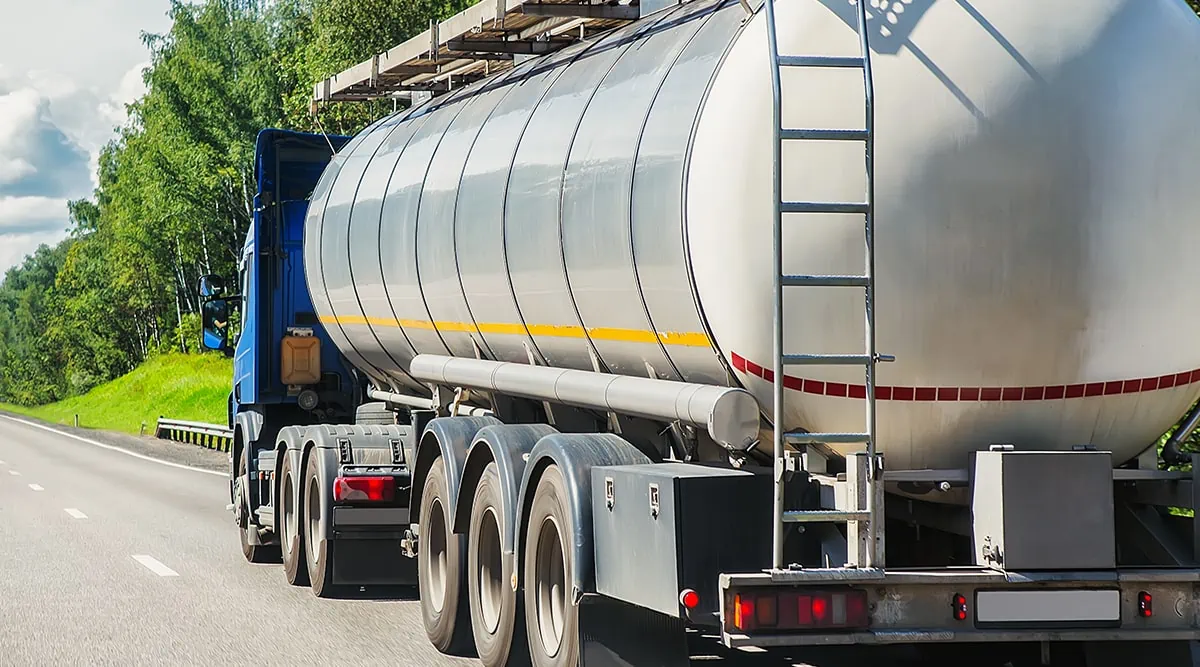The Basic Principles Of Reclaim Waste
The Basic Principles Of Reclaim Waste
Blog Article
The Definitive Guide to Reclaim Waste
Table of ContentsReclaim Waste Can Be Fun For AnyoneTop Guidelines Of Reclaim WasteReclaim Waste Can Be Fun For EveryoneOur Reclaim Waste Statements6 Easy Facts About Reclaim Waste Described
Domestic sewer waste refers to the waste and products from a household septic tank. The correct management and disposal of residential sewer waste need fluid waste to be transferred to a sewer therapy plant where the proper approaches and equipment are used to detoxify and dispose of waste.
Industrial waste frequently includes possible hazards, such as combustible products or a mixture of fluid and solid waste items, and requires an extra innovative and in-depth disposal procedure. The disposal of commercial waste commonly involves the filtering of waste prior to transport to guarantee secure and appropriate disposal. Industrial waste is produced from by-products and drainage of commercial processes and manufacturing.
This type of waste can not utilize the very same sewer management transportation or procedures as septic or industrial fluids. The hazardous waste management process requires the inspection and screening of liquid waste prior to it undergoes the disposal procedure (liquid waste disposal melbourne). Runoff waste is the fluid waste that originates from overflow and excess stormwater in very populated areas or cities
Overflow waste can create contamination and flooding otherwise dealt with properly. Learn extra regarding drain cleaning and waste management. Ensuring appropriate waste management can protect against catastrophes and lower environmental injury. Both individuals in domestic setups and experts in commercial or production industries can gain from understanding the procedures and laws of fluid waste management.
10 Easy Facts About Reclaim Waste Explained
Call PROS Providers today to find out about our waste administration and disposal solutions and the appropriate means to care for the fluid waste you produce.
(https://www.domestika.org/en/reclaimwaste1)This so-called 'wastewater' is not just a crucial resource yet, after treatment, will be released to our land, waterways or the sea. Made use of water from toilets, showers, bathrooms, kitchen sinks, washings and commercial processes is recognized as wastewater.

water used to cool equipment or clean plant and devices). Stormwater, a type of wastewater, is runoff that streams from agricultural and metropolitan areas such as roof coverings, parks, gardens, roads, courses and gutters right into stormwater drains, after rainfall. Stormwater streams without treatment straight to neighborhood creeks or rivers, at some point reaching the ocean.
4 Simple Techniques For Reclaim Waste
In Queensland, a lot of wastewater is treated at sewage therapy plants. Wastewater is moved from residential or commercial sites through a system of drains and pump terminals, recognized as sewerage reticulation, to a sewer treatment plant.
The Department of Natural Resources suggests local federal governments concerning handling, operating and preserving sewage systems and treatment plants. In unsewered areas, city governments may require owners to install individual or house sewage treatment systems to deal with domestic wastewater from toilets, kitchens, bathrooms and washings. why not try here The Department of Natural Resources authorises making use of house systems when they are verified to be effective.
In some brand-new class, treatment of some stormwater to eliminate clutter, sand and gravel has actually begun making use of gross pollutant catches. Wastewater treatment happens in 4 stages: Gets rid of solid issue.
Uses little living organisms recognizes as micro-organisms to break down and get rid of remaining dissolved wastes and great particles. Micro-organisms and wastes are integrated in the sludge.
Some Known Incorrect Statements About Reclaim Waste
Nutrient elimination is not offered at all sewage therapy plants due to the fact that it needs costly specialised equipment. Clear fluid effluent created after therapy might still consist of disease-causing micro-organisms - liquid waste disposal melbourne.

This typically implies wastewater has to be dealt with or pollutants removed prior to it can be released to waterways. The majority of wastewater streams into the sewage system. Under the Act, regional federal governments provide approvals and permits for ecologically relevant tasks (Periods) entailing wastewater launches that may have a local impact. The division provides approvals and licences to ERAs entailing wastewater releases that might have a local or statewide influence.
10 Easy Facts About Reclaim Waste Described
Monitoring supplies valid details about water quality and can confirm that licence problems are being satisfied. The info gotten via monitoring gives the basis for making water top quality choices.
Report this page